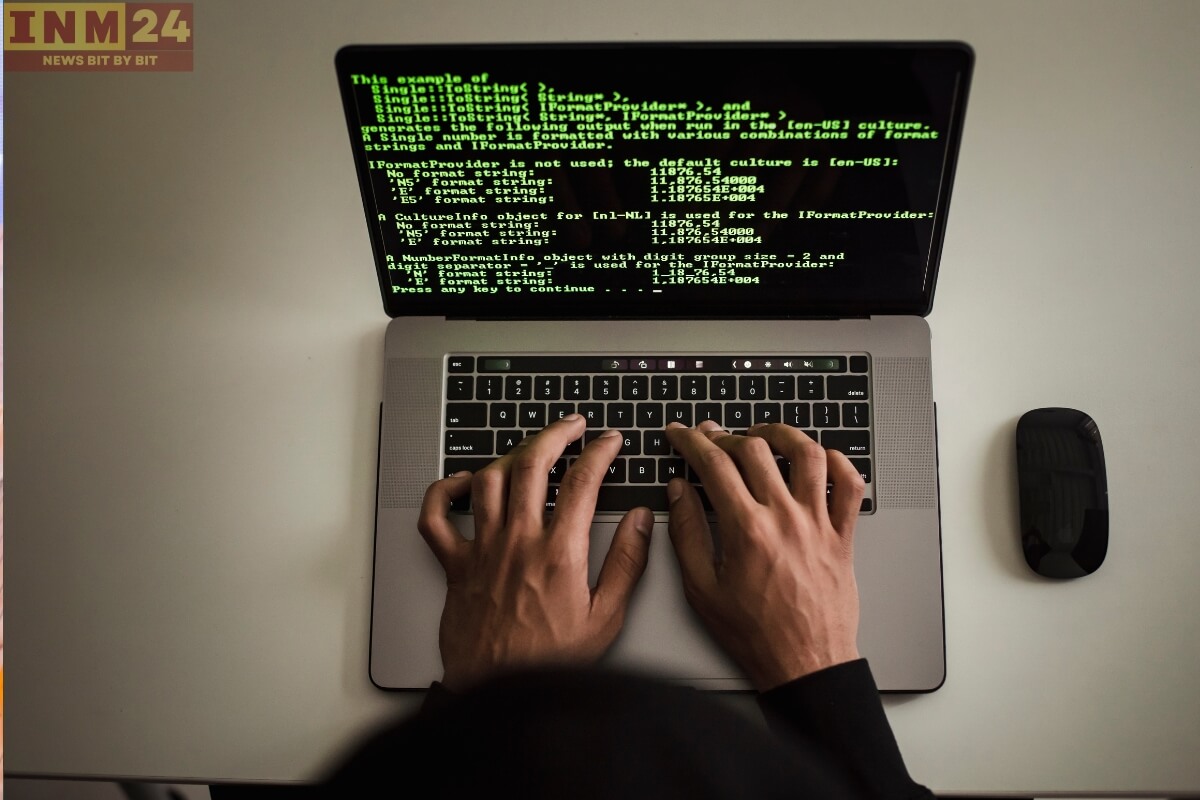In a groundbreaking development that has sent ripples across the tech industry, an AI startup has unveiled a revolutionary new tool named ‘Devin’, designed to shake up the software engineering landscape. ‘Devin’ is touted as an AI-powered solution capable of coding and bug fixing independently, raising questions about the future of traditional software engineering jobs.
AI Disruption: Software Engineering Faces Automation Threat
The advent of artificial intelligence and machine learning technologies has transformed various industries, and now, it seems software engineering is next in line for disruption. With ‘Devin’, tasks that were once the domain of highly skilled software engineers can now be automated, potentially posing a threat to job security in the field.
The capabilities of ‘Devin’ are nothing short of impressive. Equipped with advanced algorithms and vast repositories of code, ‘Devin’ can analyze software requirements, generate code, and even identify and fix bugs with minimal human intervention. This level of autonomy and efficiency has the potential to revolutionize software development processes, streamlining workflows and reducing time-to-market for new products and applications.
While the advent of ‘Devin’ brings undeniable benefits in terms of productivity and efficiency, it also raises concerns about the future of human employment in the software engineering sector. With tasks increasingly being automated, there is a valid apprehension that traditional software engineering roles may become obsolete or significantly reduced in demand.
Augmented Capabilities: AI Tools Enhance Software Engineering Potential
However, proponents of AI-driven tools like ‘Devin’ argue that rather than displacing jobs, such technologies have the potential to augment human capabilities and enable software engineers to focus on more complex and creative aspects of their work. By offloading repetitive tasks to AI systems, software engineers can devote their time and expertise to higher-level problem-solving, innovation, and strategic decision-making.
Moreover, the rise of AI in software engineering opens up new avenues for collaboration and interdisciplinary work. Software engineers can leverage AI tools like ‘Devin’ to accelerate development cycles, explore innovative solutions, and collaborate more effectively with cross-functional teams comprising data scientists, UX designers, and domain experts.
Nevertheless, it’s crucial to recognize that the integration of AI in software engineering will inevitably lead to shifts in job roles and skill requirements. Software engineers may need to adapt and upskill to remain relevant in a rapidly evolving technological landscape, embracing new tools and methodologies that complement AI-driven automation.
The unveiling of ‘Devin’ by the AI startup represents a significant milestone in the evolution of software engineering. While the advent of AI-powered tools like ‘Devin’ may raise concerns about job displacement, it also presents opportunities for innovation, collaboration, and skill enhancement within the software engineering community. As the industry continues to embrace AI-driven automation, it’s imperative for stakeholders to navigate these changes thoughtfully and ensure that the benefits of technological advancements are equitably distributed across the workforce.
